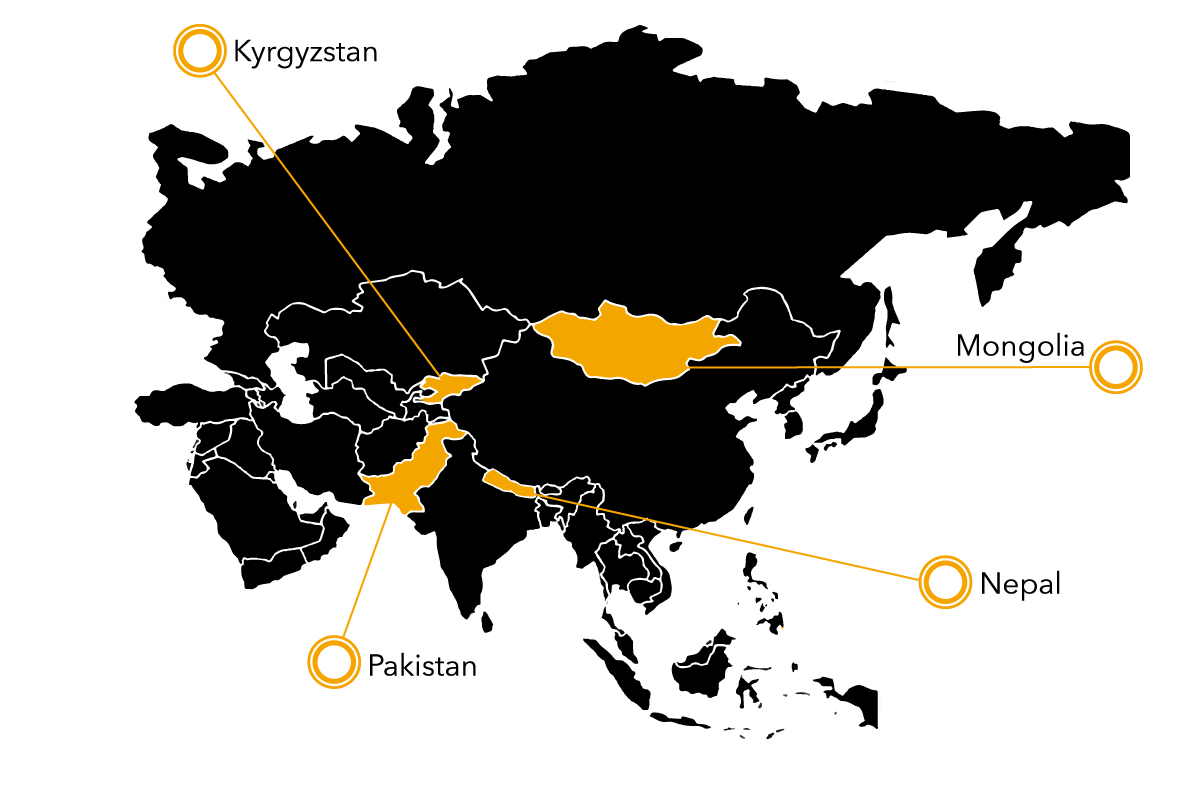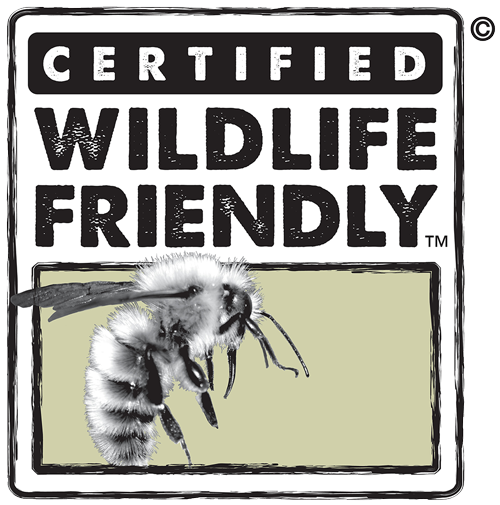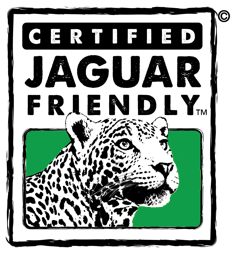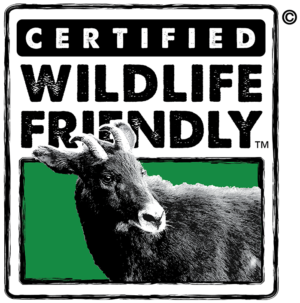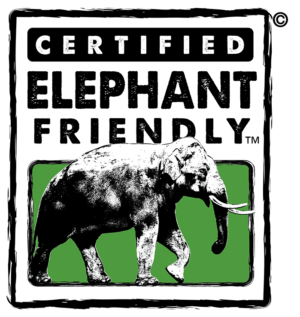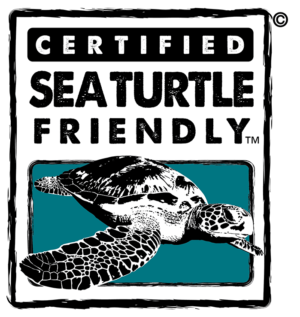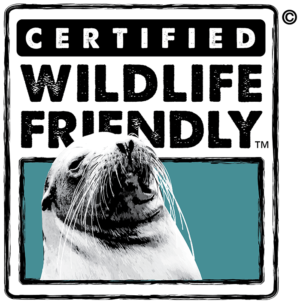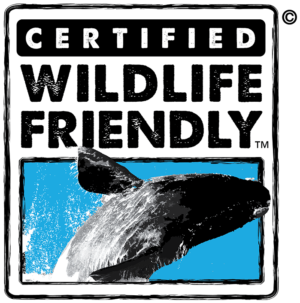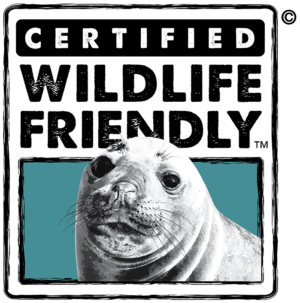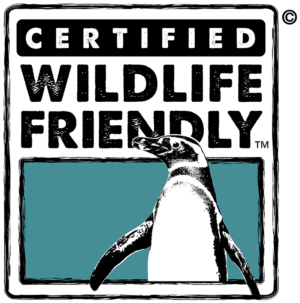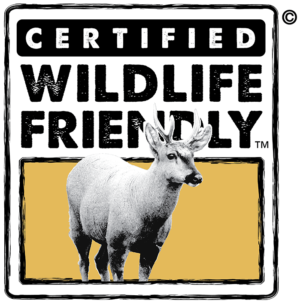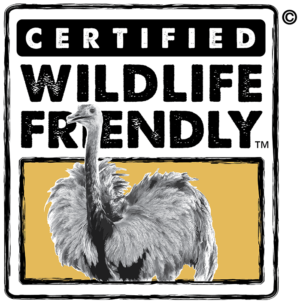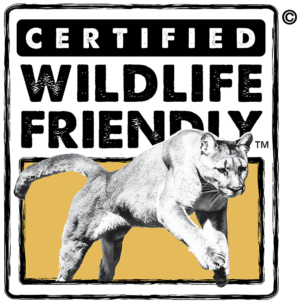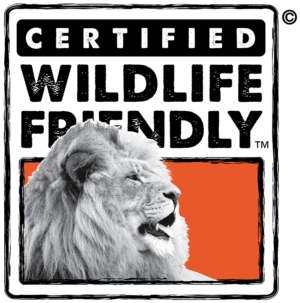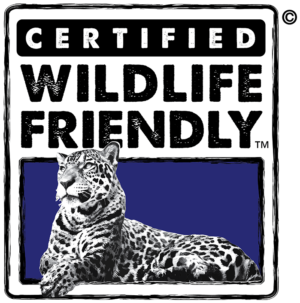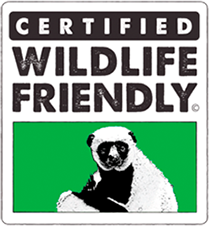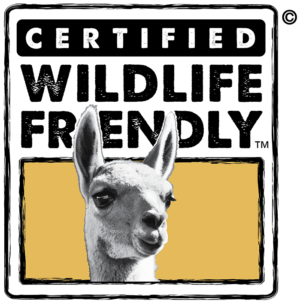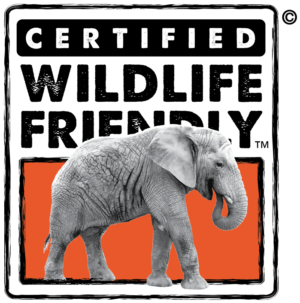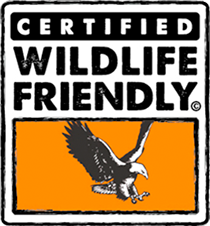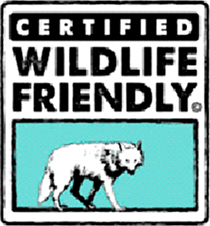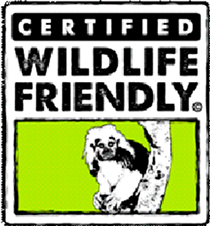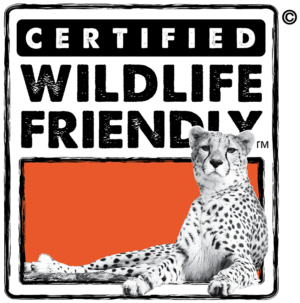Mongolia, Kyrgyzstan, and Pakistan
The Conflict
Many of the families sharing snow leopard habitat are pastoralists and herders who depend on their livestock for food and livelihood and who live on less than $2 per day. The loss of even a single animal can create great financial hardship. Snow leopards are predators, and while they usually hunt wild prey species, the cats will occasionally target livestock grazing in their habitat too.Members of these low-income communities, who can ill afford to lose animals to predators such as the snow leopard, sometimes resort to retaliation killings or poaching of snow leopards to protect their herds of livestock or earn extra money or set steel-jaw traps to stop the cats before they get too close.
The Solution
The Snow Leopard Trust takes a community-based conservation approach that breaks this cycle of poverty and creates an incentive for herders to protect local wildlife.
- Through Snow Leopard Enterprises, local women sell handmade wool items that can increase their household income by up to 40% per year.
- Livestock vaccinations increase a community’s economic stability, while reducing the threats to snow leopards living nearby
- Livestock insurance offers financial reimbursement to herders who lose an animal to snow leopard predation.
Conservation education programs inform herders of the importance of protecting snow leopards in the five program countries where we work.
The Conservation Enterprise
Wildlife Friendly Certified® Snow Leopard Enterprises is a conservation program that works directly with the people who share snow leopard habitat to create sustainable economic opportunities that reduce the motivation behind poaching. This program provides training and equipment that enables participants to make beautiful handmade items from the raw wool of their livestock. The Snow Leopard Trust purchases the finished items at mutually agreed upon prices, and sells the items through their online store and to retailers.This program has drastically increased the value of each herding family’s raw wool, and the money earned can boost annual household income by up to 40%. This money is used to buy food, medicine, clothing and other vital necessities.
In order for a community to participate and earn this additional income, each member must sign a conservation agreement. Every year, these participating communities review and sign an agreement that requires each person to protect the snow leopards and wild prey species living in their area from poaching.
If a participating community fulfills their collective conservation agreements, an additional cash bonus is awarded at the end of each year. However, if any poaching takes place during that time, the entire community loses the bonus.
This strong financial incentive encourages the community to work together to protect snow leopards and share information with the Snow Leopard Trust and others in their region. All profits from the sale of Snow Leopard Enterprises products are invested right back into conservation programs that encourage communities to protect snow leopards by improving their quality of life.
Snow Leopard Enterprises
Facebook
Twitter
Instagram
Tumblr
Youtube
Email:terry@snowleopard.org
Nepal
The Conflict
Local communities are highly dependent on forests for their daily livelihood support. They depend on forests for timber, fuel wood, fodder, and collect non-timber forest products including medicinal and aromatic plants and sell them to the market as a source of income. Threats to native wildlife include unsustainable use of non-timber forest products which degrades habitat upon which wildlife depend. In addition, where Nepal borders Tibet, there is cross-border illegal trade in wildlife parts.
The Solution
A community forestry program intervened and initiated the incorporation of a sustainability plan which outlined the harvestable quantity of non-timber forest products on a yearly basis as well as guidelines for responsible harvesting practices which were adopted. As a result forest coverage has increased substantially over the last 10 years improving habitat for wildlife. On the issue of illegal wildlife trade, community forest user groups can now levy and enforce sanctions for illegal hunting, killing or harvesting of wildlife.
The Conservation Enterprise
Promoting and marketing locally producedCertified Wildlife Friendly® products including beautiful handmade papers, woven nettle and hemp fabric and products,and essential oils, have greatly benefited marginalized community groups, helping them to fight poverty and improve their standard of living, while protecting the extraordinary biodiversity of the region. Job creation and income generating opportunities at a local level, where forest sustainability, social, and economical issues are a factor, are now closely monitored and product quality is controlled from harvest to finished product. These efforts are helping to create sustainable supply chains that will benefit these communities for years to come while giving consumers high quality natural products and improving the conditions of key wildlife habitat.
Himalayan BioTrade (HBTL)
Facebook
HBTL Catalogue and Brochure can be downloaded here and here
Email:hbtlp@wlink.com.np
Tel: +977-1-4386690 (in Nepal)



